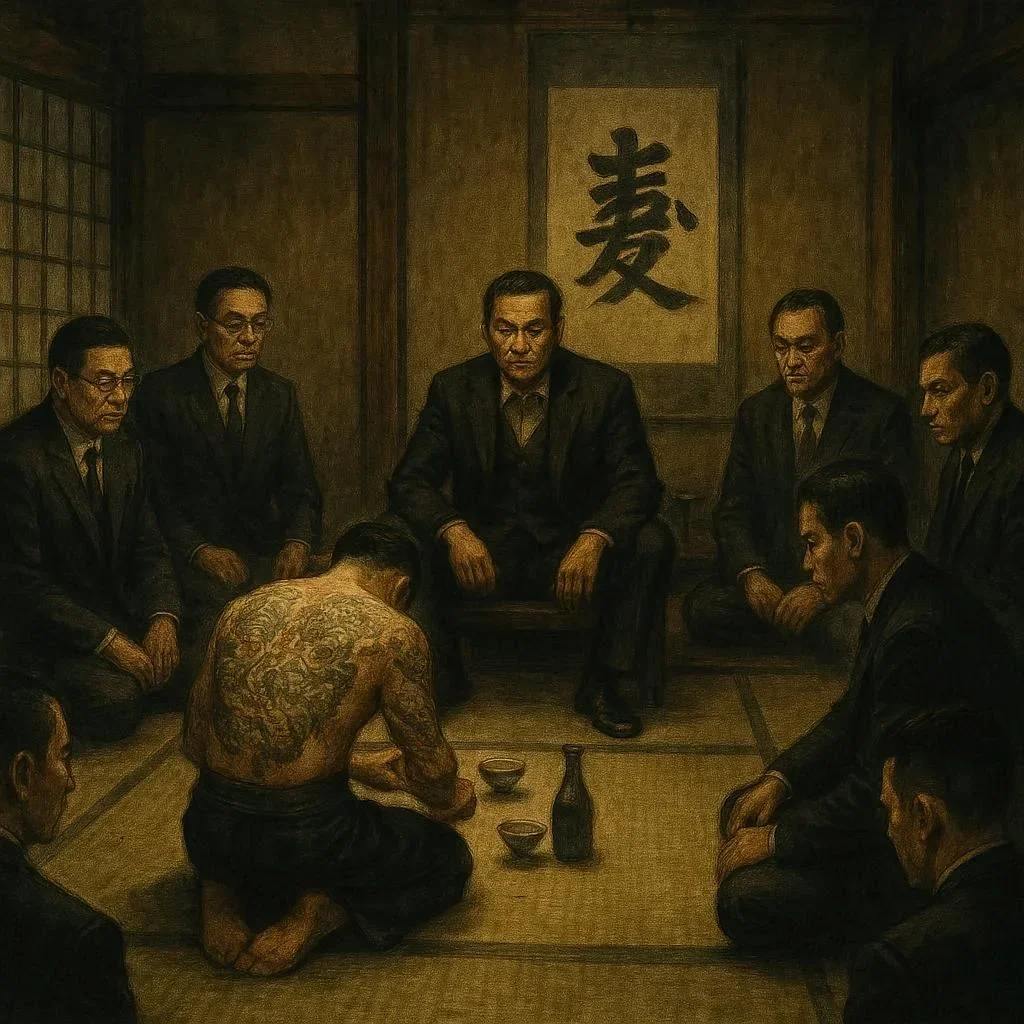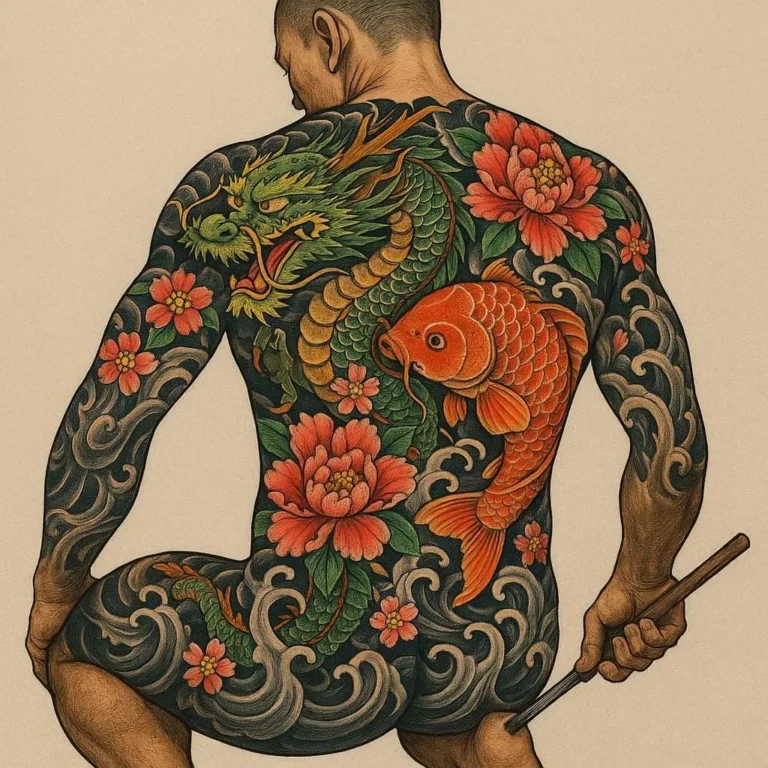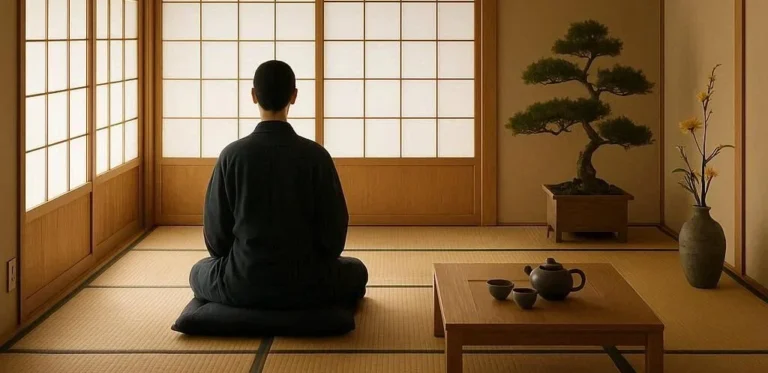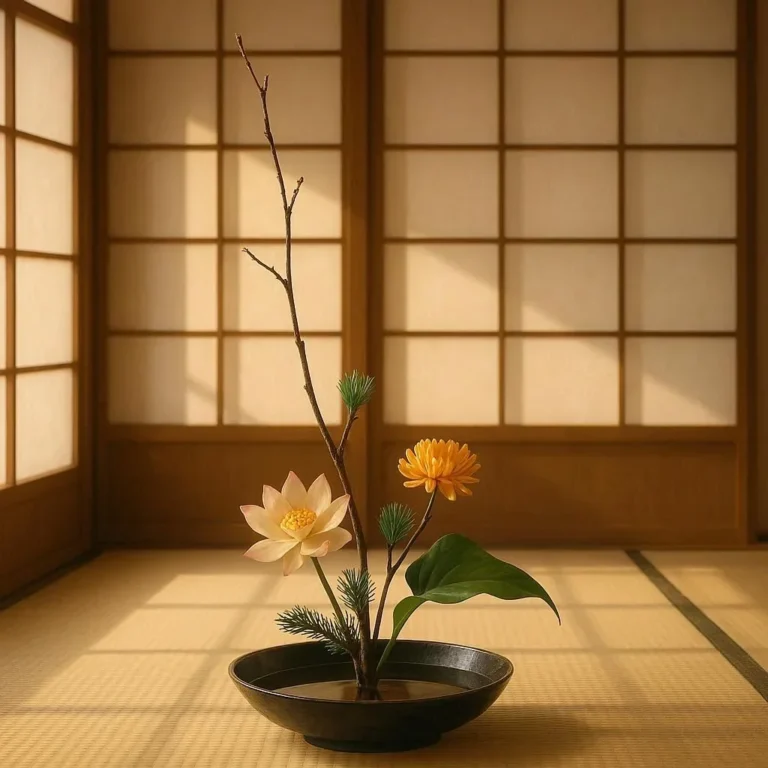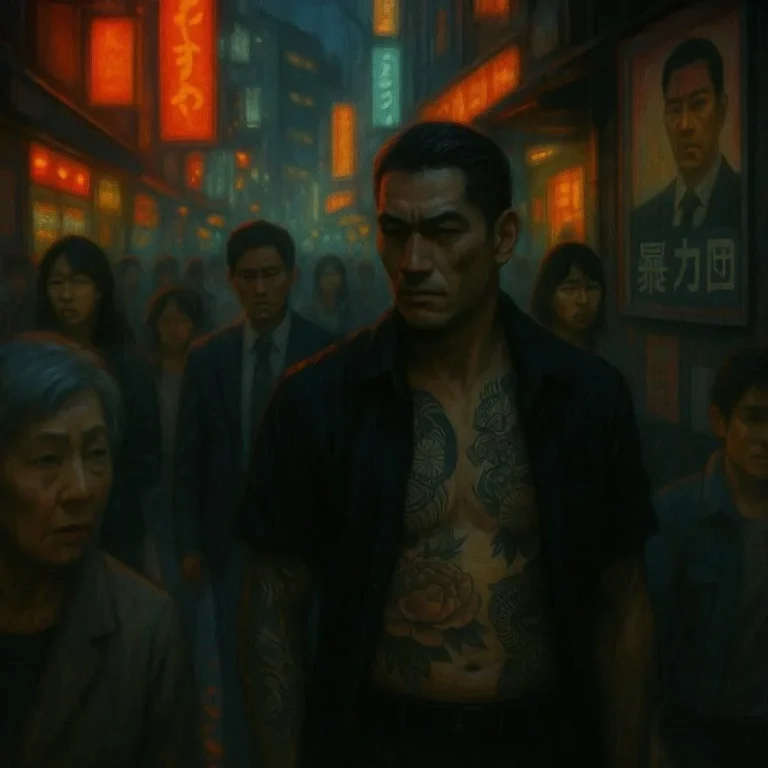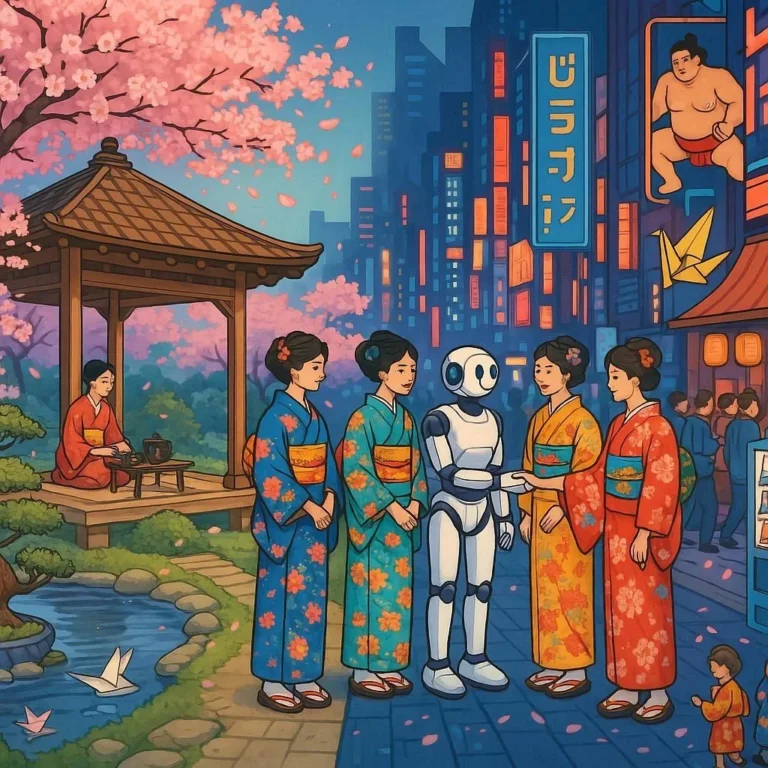504 views How Samurai Legacy Still Influences Modern Japan
The samurai, Japan’s legendary warriors, once ruled the land with honor, discipline, and a strict code of conduct known as Bushido. Though their reign as warriors ended with the Meiji Restoration in 1868, the samurai legacy continues to deeply influence modern Japan in ways that are both visible and subtle. From business practices to cultural traditions, the spirit of the samurai remains a cornerstone of Japanese identity. In this blog post, we’ll explore how the samurai legacy still shapes contemporary Japan, offering insights into the enduring power of their traditions, ethics, and cultural impact.
The Historical Context of the Samurai
Before diving into the modern influence of the samurai, it’s essential to understand their historical significance. For nearly 700 years, samurai were the military nobility of Japan, serving as protectors of the daimyō (feudal lords) and upholders of the shogunate. Their role extended beyond warfare; they were also scholars, poets, and administrators, embodying the ideals of Bushido, a code that emphasized courage, loyalty, veracity, and self-discipline.
The Meiji Restoration marked the end of the samurai class as a military force, but their influence didn’t disappear. Instead, it evolved, integrating into the fabric of modern Japanese society. The values they upheld—loyalty, respect, and perseverance—became foundational principles for the nation’s transformation into a modern industrialized state.
Business and Corporate Culture
One of the most significant ways the samurai legacy influences modern Japan is through business and corporate culture. Japanese companies often adopt the Bushido code as a framework for leadership and management. Concepts like loyalty, respect, and self-control are highly valued in the workplace, fostering a culture of teamwork and dedication.
In Japan, the concept of ‘lifetime employment’ and the idea of ‘one company, one family’ resonate with the samurai’s loyalty to their daimyō. Employees often remain with a single company for their entire careers, mirroring the samurai’s unwavering commitment to their lords. Similarly, the emphasis on hierarchy and respect within organizations reflects the feudal structure of samurai society, where rank and seniority were deeply respected.
Moreover, the samurai’s emphasis on self-improvement and continuous learning is evident in Japan’s approach to innovation and technological advancement. The concept of ‘kaizen,’ or continuous improvement, which drives Japan’s manufacturing and business sectors, has roots in the samurai’s commitment to self-perfection.
Education and Personal Development
Education in Japan places a strong emphasis on discipline, hard work, and perseverance—values that align closely with the samurai ethos. From a young age, students are taught to respect their teachers, peers, and the learning process itself, reflecting the samurai’s respect for authority and tradition.
The samurai’s focus on mental and physical discipline is also reflected in Japan’s approach to personal development. Martial arts, such as kendo, judo, and karate, which originated from samurai training, are popular not only as sports but also as ways to cultivate self-control, focus, and character. These practices serve as a bridge between Japan’s past and present, preserving the samurai’s emphasis on physical and mental cultivation.
In addition, the concept of ‘honne’ and ‘tatemae’—the distinction between one’s true feelings (honne) and the face one shows to the world (tatemae)—originates from the samurai’s need to maintain composure and dignity in all situations. This social etiquette continues to influence how Japanese people navigate personal and professional relationships.
Martial Arts and Cultural Preservation
Martial arts are one of the most direct links between the samurai and modern Japan. Practices like kendo, the way of the sword, and iaido, the art of quick-draw sword technique, are still studied and revered today. These disciplines are not just physical activities but also spiritual practices that aim to cultivate the mind, body, and spirit in accordance with Bushido principles.
Beyond martial arts, the samurai’s influence is evident in traditional Japanese arts such as tea ceremonies, calligraphy, and flower arrangement. These arts, which were often practiced by samurai as a way to balance their martial pursuits with creative expression, continue to be celebrated as essential components of Japanese culture. The attention to detail, respect for tradition, and pursuit of perfection in these arts reflect the samurai’s commitment to mastery.
Furthermore, the samurai’s legacy can be seen in Japan’s vibrant pop culture. From epic samurai films by directors like Akira Kurosawa to modern anime and manga series, the samurai’s story continues to captivate audiences worldwide. These depictions often emphasize themes of honor, sacrifice, and the struggle between tradition and modernity, resonating with viewers on a deep level.
Literature and Film
The samurai’s impact on Japanese literature and film is profound. Classic works such as ‘The Tale of the Heike’ and ‘The Book of Five Rings’ by Miyamoto Musashi, a legendary samurai and strategist, remain influential texts that explore themes of warfare, strategy, and philosophy. These works are not only historical artifacts but also timeless guides for understanding leadership, competition, and the human condition.
In film, the samurai genre has become a staple of Japanese cinema. Movies like ‘Seven Samurai’ and ‘Yojimbo’ have gained international acclaim for their gripping storytelling, complex characters, and exploration of moral dilemmas. These films often use the samurai as a lens through which to examine broader societal issues, such as justice, duty, and the cost of violence.
Modern Japanese films and television dramas continue to draw inspiration from the samurai era. Historical dramas, known as ‘jidaigeki,’ are extremely popular, offering a glimpse into Japan’s feudal past while exploring themes that remain relevant today. The samurai’s struggle to uphold their values in a changing world serves as a powerful metaphor for contemporary challenges.
Modern Art and Design
The samurai’s influence extends into modern art and design as well. Traditional Japanese aesthetics, which emphasize simplicity, minimalism, and harmony with nature, owe much to the samurai’s appreciation for understated elegance. This aesthetic is evident in everything from the design of modern Japanese architecture to the visuals of cutting-edge video games.
Moreover, the samurai’s iconic armor and weaponry have become symbols of Japanese identity, appearing in art exhibitions, fashion, and even advertising. These artifacts serve as a reminder of Japan’s rich history and its ability to blend tradition with innovation.
In addition, the samurai’s emphasis on craftsmanship and attention to detail continues to inspire Japanese artists and designers. From the intricate designs of samurai swords to the precise techniques used in traditional pottery, the pursuit of perfection remains a cornerstone of Japanese artistic expression.
Ethics and Moral Codes
One of the most enduring aspects of the samurai legacy is their ethical code, Bushido. Although the samurai class was dissolved, the values they upheld—such as honesty, loyalty, and respect for others—continue to shape Japanese society. In a rapidly changing world, these timeless principles provide a moral compass that helps guide individuals and communities.
The concept of ‘giri,’ or social obligation, which was central to the samurai’s code of conduct, remains a key component of Japanese ethics. This sense of duty and responsibility is evident in everything from how people interact in their daily lives to how businesses operate. The emphasis on fulfilling one’s obligations with integrity reflects the samurai’s commitment to honor and justice.
Moreover, the samurai’s respect for nature and their belief in living in harmony with the environment has influenced Japan’s approach to sustainability and environmental stewardship. This philosophy is evident in practices such as forest bathing and the preservation of natural landscapes, which are deeply rooted in Japan’s cultural heritage.
Conclusion
The samurai legacy is more than just a relic of Japan’s past; it is a living, breathing force that continues to shape the nation’s present and future. From business practices and education to art and ethics, the samurai’s influence is woven into the very fabric of modern Japanese society. Their values of honor, loyalty, and self-discipline serve as a timeless guide, helping Japan navigate the challenges of the 21st century while remaining true to its cultural roots.
As we look to the future, it’s clear that the samurai’s spirit will endure. Their story is a testament to the power of tradition and the human ability to adapt while remaining rooted in one’s heritage. Whether through the practice of martial arts, the celebration of traditional arts, or the embrace of ethical principles, the samurai’s legacy continues to inspire and guide modern Japan, ensuring that their values will resonate for generations to come.

